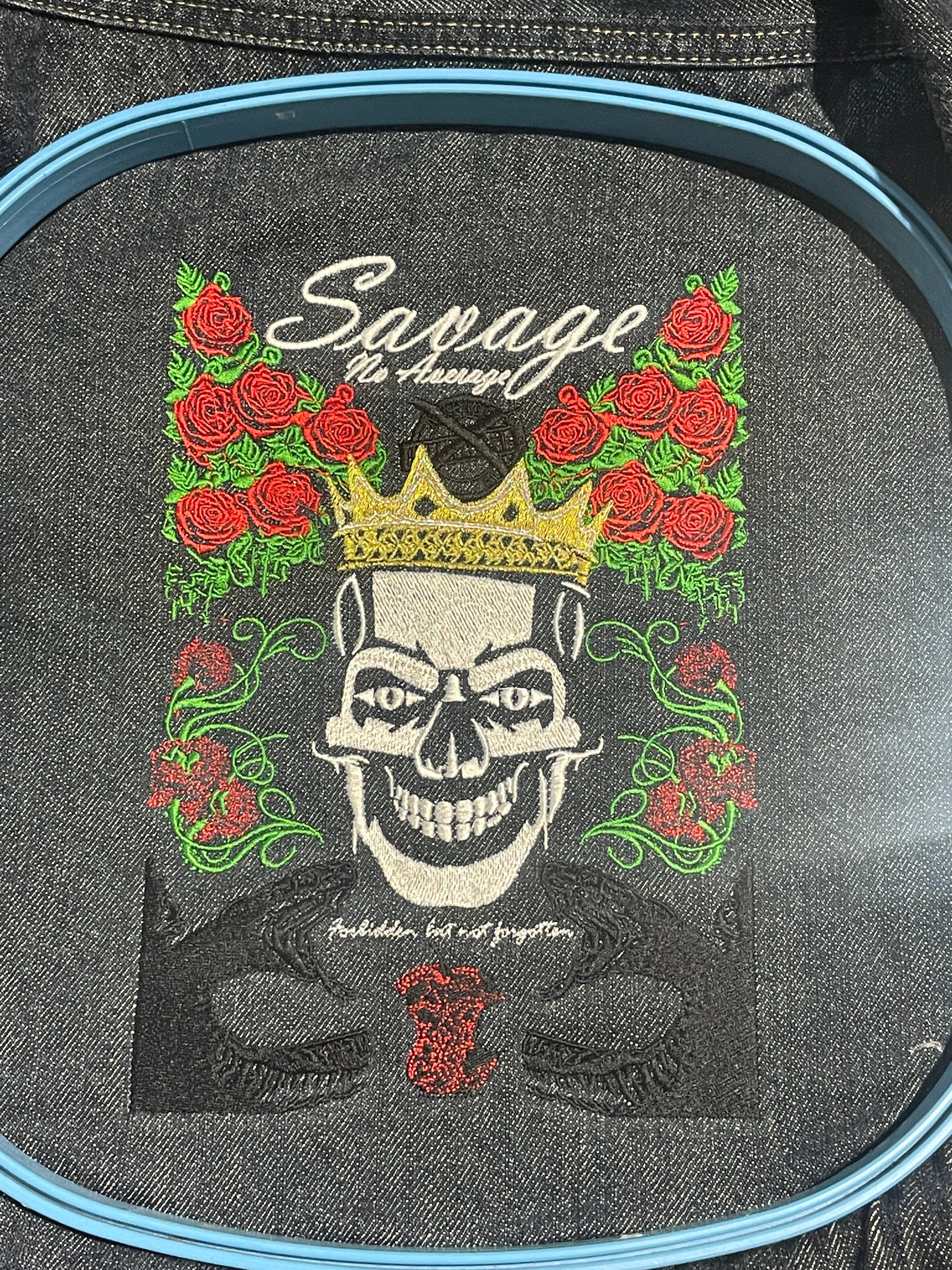Every Child Matters: The Origin of Orange Shirt Day
Every Child Matters: The Origin of Orange Shirt Day
On September 30th, many Canadians (and others) wear bright orange t-shirts to honor and raise awareness of the thousands of Indigenous children who were forced into residential schools. These institutions, operated by the Canadian government and church organizations from the 1830s until 1996, aimed to eradicate Indigenous cultures and languages. Children were separated from their families, subjected to severe abuse, and many never returned home. Orange Shirt Day serves as a powerful reminder of the legacy of these schools and the ongoing effects on First Nations, Métis, and Inuit communities.
Why an Orange Shirt?
The color orange has a deeply personal significance, thanks to Phyllis Webstad. As a young girl, Phyllis was taken to a residential school in Williams Lake, British Columbia. On her first day, she wore a bright orange shirt given to her by her grandmother. However, the school staff stripped her of her clothes, including the cherished orange shirt. Phyllis recalls:
"When I got to the Mission, they stripped me, and took away my clothes, including the orange shirt! I never wore it again. I didn’t understand why they wouldn’t give it back to me; it was mine! The color orange has always reminded me of how my feelings didn’t matter, how no one cared, and how I felt like I was worth nothing. All of us little children were crying, and no one cared."
Raising Awareness
Phyllis Webstad is one of thousands of children who endured the harsh realities of residential schools. These institutions were a tool of colonialism designed to assimilate Indigenous Peoples by eradicating their languages and cultures. Research reveals a 40-60% mortality rate and extensive abuse—physical, emotional, and sexual. While some children, like Phyllis, survived, many did not return home, and those who did were deeply traumatized.
In recent years, unmarked graves of children have been discovered at former residential school sites, confirming the horrific accounts shared by Indigenous communities for decades.
The Dark Reminder
The trauma caused by residential schools continues to affect First Nations, Métis, and Inuit peoples through intergenerational cycles of suffering. Orange Shirt Day shines a light on this history and honors the experiences of those affected. It is a call for ongoing commitment to Truth and Reconciliation, reminding us that efforts to address these injustices must extend beyond a single day.
Taking Action
While Orange Shirt Day is an important occasion, true healing and reconciliation require continuous action. We must engage in learning, confront our own roles in perpetuating discrimination, and actively work towards addressing and remedying these wrongs.
For more information and to learn how you can support reconciliation efforts, visit these resources:
Screen Printing

Honoring Remembrance Day with Free Poppy Embroidery
At Toronto Embroidery, we believe in the importance of honoring and remembering those who have served and sacrificed for our country. This year, to mark Remembrance Day, we are hosting a special in...
Discover Our New Exclusive Custom Apparel Deals Page!
We’re excited to announce the launch of our brand-new Exclusive Custom Apparel Deals page at Toronto Embroidery! Whether you’re outfitting a team, planning a business event, or need high-quality cu...

Embark on Toronto Embroidery's journey from a budding venture in 2020 to becoming a distinguished name in the embroidery and printing realm. Nestled in Toronto's heart, our advanced Barudan machine...
